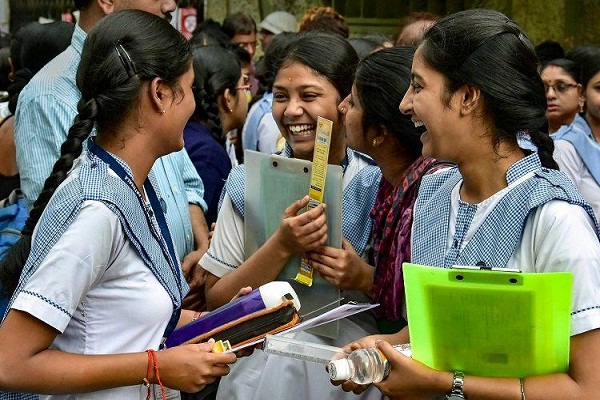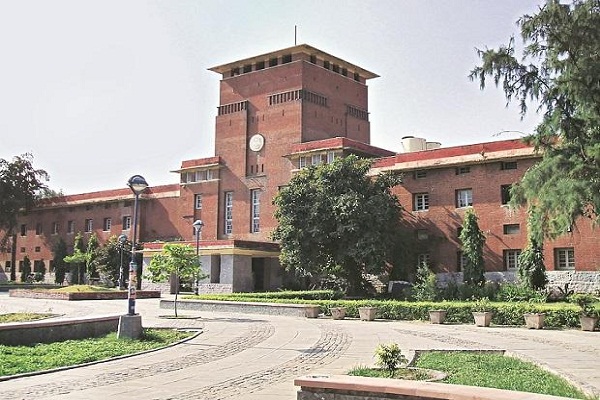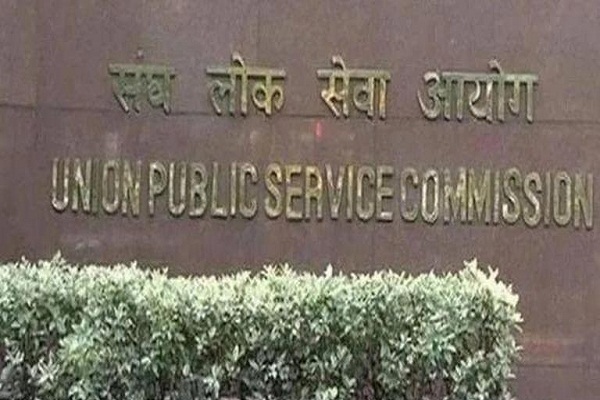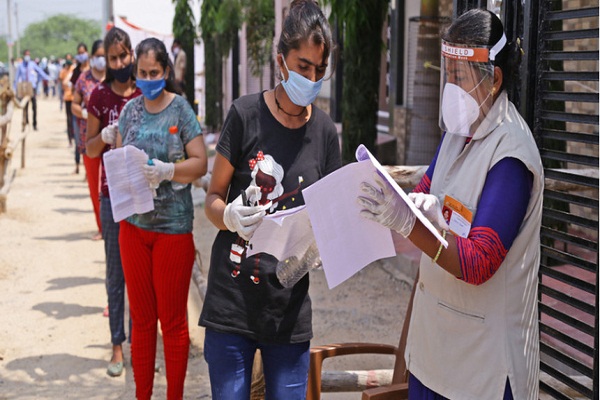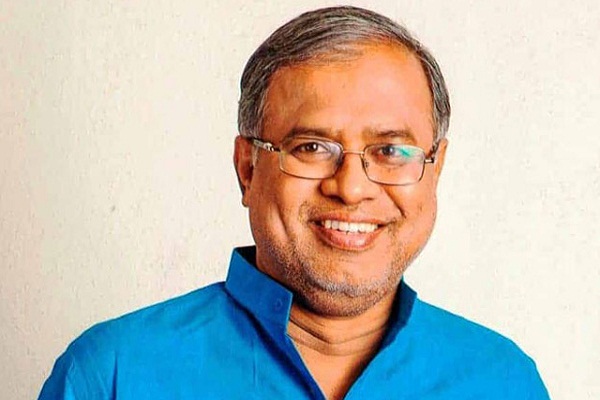Updating and learning new skills is vital in the workplace currently. The students need to prioritize learning new technological tools and keep themselves abreast with the best practices. Dr. Dishan Kamdar, Vice Chancellor, FLAME University, says, the other skills like problem-solving, critical thinking and decision-making can foster personal growth.
What kind of leadership skills are required for students to enhance employability?
As businesses go global and workplaces become border-less, companies are looking for professionals who are able to fit into multicultural and rapidly evolving organizations. They are also looking for talented professionals who demonstrate leadership qualities and potential to go beyond the brief. Hence, it is imperative that students learn a variety of skills, which will not only enhance their employability but also help them to progress faster in their careers and enable their personal growth.
The skills include problem-solving, critical thinking and decision-making which allow professionals to carry out their work effectively and deliver the desired results. The ability to be open to learning is another very important skill that requires them to be a student throughout their career. Updating and learning new skills is important to be relevant and productive at the workplace. Soft skills such as collaboration, interpersonal skills, being a team player and written and verbal communication, accepting of the diversity of every kind, will go a long way in becoming an appreciated employee at work. Being creative, innovative and tech-savvy are other skills that make one an asset to their organization.
With the advancements in digital learning, what areas do you think students could focus on in the coming times?
As technological advancements continue to transform the world, students will need to prioritize learning new technological tools and keep themselves abreast of the latest best practices and techniques. Irrespective of the discipline or courses that one may be studying – keeping oneself digitally literate and up-to-date is important. Depending on the kind of career path chosen, the relevant technological tools can be learnt both within and outside the classroom. Several options are available to learn such courses online; some of them include artificial intelligence and machine learning, data mining, virtual reality, augmented reality, robotics, process automation, block chain, design thinking, among others. Enrolment in such courses could help understand the functioning and purpose of these newer technologies. This digital learning will enable them to have holistic professional development to make their career, and be future-ready.
How are academic institutes/colleges adapting to the digital change caused by the pandemic?
The pandemic has caused major disruptions in the established processes of teaching-learning.
At FLAME University, we were rather well-equipped to handle the crisis as we were an early and keen adopter of digital technology in all our academic and administrative processes. We were already leveraging digital technology to provide students with the best experience in teaching-learning. FLAME was able to transition to the digital platform within 48 hours of the disruption due to the pandemic. Further, in order to continuously prepare our students and faculty to face ever newer challenges in the best possible manner, and to ensure that we had all the latest advancements deployed for remote learning, we set up a Digital Learning Task Force to train and support faculty and students to transition to conducting courses online as well as ensuring the continuous evaluation through digital platforms.
How does digital disruption provide an opportunity for those in academics to evaluate their strategy and business models?
The technological advancements and access to affordable technology presented multiple opportunities to enhance the standards of teaching-learning and evaluation. The disruption due to the pandemic has accelerated the pace of adopting digital technology by academics and institutions. Today, there is a wider acceptance of the benefits and potential of technology and its impact in terms of scale, quality, cost, ease-of-access and multi-modal teaching-learning by incorporating concepts like gamification and many more while imparting education remotely. This is creating an important impact on all aspects of the academic process, teachers and student roles, institutional obligations and mandates, etc. It has made a positive impact on the very foundation of the teaching-learning process and the mechanism of its delivery and receipt.
What steps universities should take to catapult its students to the next level?
In the undergraduate program, ‘mentorship’ plays a very crucial role in the growth of a student. Faculty mentors, peers and alumni mentors have a ‘purposeful’ role to play in counselling and guiding students to choose their growth path. This aspect is a life-changing experience for students. Universities must invest in creating a strong pool of mentors and a mentorship network at their institutions.
It is important to create more choices for students rather than a fully structured syllabus. Revamping curriculum, bringing in relevant industry practitioners to teach, introducing cutting-edge courses and giving students experiential learning are some things that universities can look at to make a value-add to the students. It is also important to engage students in more team-building and collaborative activities that will fasten their learning process as well as provide some breathing space that will stop them from burning out easily. Focus on newer forms of assessment that provide pre-indicators to students which direct them towards their areas of strengths and weaknesses that could be worked on before the final assessments. The teaching and learning should be towards laying a strong foundation and imparting skills that will enable them to face and manage uncertainties. Universities must also bring in more beyond-the-classroom learning activities that will groom them to be real-world ready. Universities need to focus more on learning, and not just placements; there is a difference between being ‘job-ready’ and being ‘future-ready.
What is the future of education given the disruption?
In the last few years, technology has been making rapid inroads and making a positive difference to the way we impart education. It was also creating avenues for scaling up technological tools and frameworks to ensure wider reach and penetration of technology into remote areas of the country and to enable students to access the latest in education. COVID has accelerated the adoption of technology in education. However, a lot of questions still remain unanswered – how will the technology implementation take place to allow lesser-privileged students with lack of computers and internet access receive education? Can everyone afford online teaching? Will the educators be equipped to handle the new blended learning methodology, etc.?
We’ll need to come up with very mobile-friendly solutions and make them available in far flung areas to lesser-privileged students and their institutions so that they have adequate access to online education. To resolve high dropout rates and lack of engagement by students because of classes being online now, a personalised way of learning will have to be devised. A form of learning which is more engaging and interesting than the traditional method of learning. A blended learning strategy is already being adopted by the education sector wherein a combination of e-learning tools and face-to-face learning takes place. another important aspect is that teachers will have to be upskilled rapidly to ensure that they are on top of the various digital tools / technology in play these days.
On the positive side, the disruption has showed the way on how education, if planned and scaled up, can reach the masses with minimal costs and resources. It has also pointed out some of the wasteful and less productive aspects of teaching-learning that have been around for some time and continue to be practiced for historical reasons.
I see a rise in demand for skills like data analytics, machine learning, deep learning, robotics, AI, etc. as industry-ready courses. At FLAME University, we are increasingly introducing these courses to ensure that the students can scale up their skills and remain resourceful for a relatively long period.






